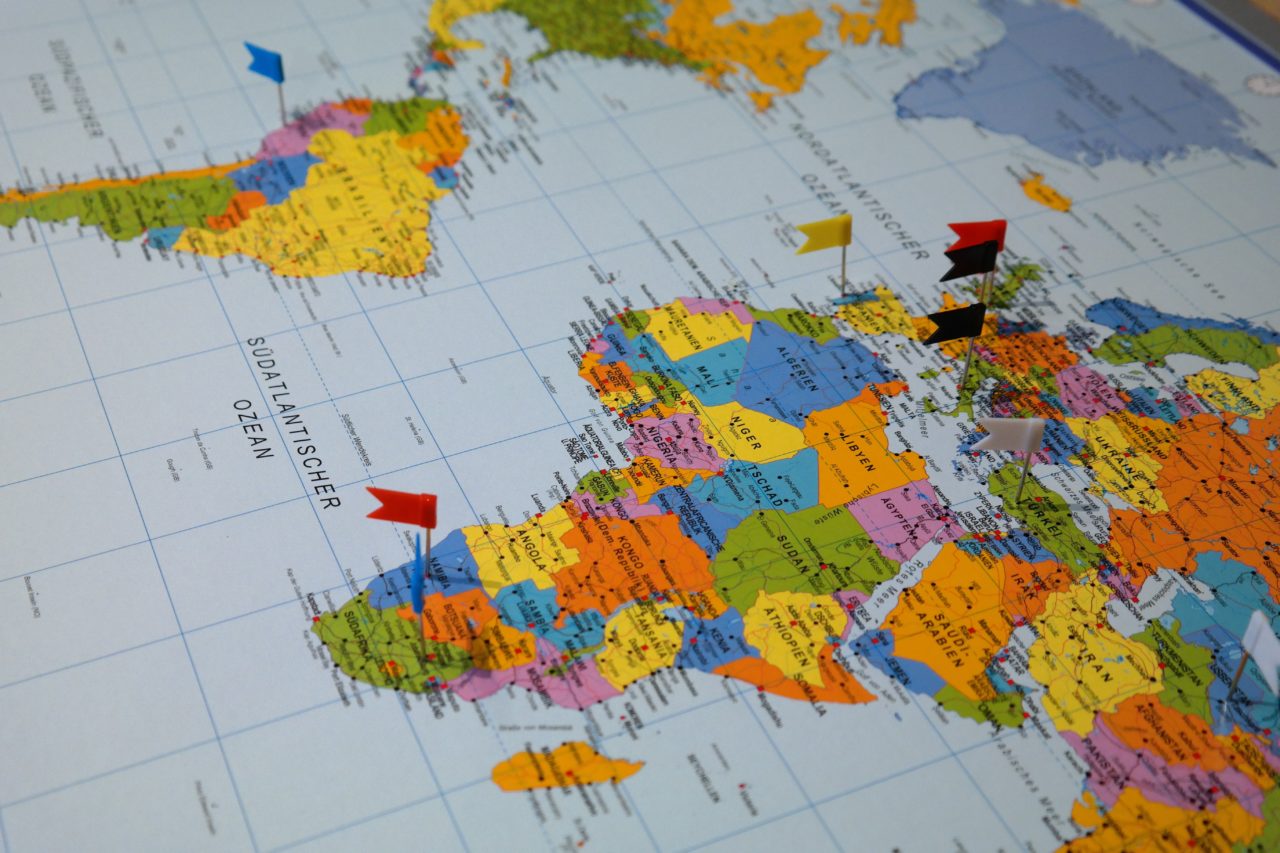When Americans look around the world, we often see more of ourselves. America boasts massive influence in the international community. From America come many of the world’s top academic institutions, the greatest inventions of the past century, and the power behind general global peace and economic prosperity. In spite of the millennia-old musical traditions of the Old World, people look to Carnegie Hall, the Met, and Julliard as the hosts of the world’s greatest musicians. People from all over the world make up America’s diverse population. It’s easy to look at the US and assume that we know everything we need to know about the world. The same goes for international developments. Because of America’s massive influence, we easily assume that all of America’s choices determine those of other countries. We invest ourselves in domestic news, all the while excusing ourselves from international news. What’s more, those of us interested in international news do not know how to follow this much broader subject beyond reading the “World” section of our respective American news sources. In this article, I want to offer some brief reasons for keeping up with world news and some tips on how to do so with a critical, truth-seeking eye.
World news allows us to transcend the politics of the US. It puts domestic developments in a broader context. Gaining such a perspective allows us to chuckle at the sometimes narrow-visioned or doomsday conflicts within the US. It can give us what Timothy D. Arner calls “transcendent laughter”: a laughter at the overwrought drama of humanity, facilitated by seeing the big picture. Following world news also comes with some side benefits. If we read good sources, over the years we grow our knowledge of geography, including local geography. We also get to learn about various cultural assumptions that become relevant when different cultures clash. Similarly, we learn about the different political systems of foreign countries, gaining better perspective on our own imperfect (even if best) human democracy. Seeing the horrors of persecution and war in other parts of the world can give us an appropriate thankfulness for the relative peace and security we have in the US. Lastly, we gain a greater awareness and urgency to do all we can with what we are given to help others in worse places. God put us in a world with many nations, and He intends for those nations to bless each other.
Where does one start? When reading or watching the very select news pieces found in the “World” or “International” sections of our media, it’s crucial that we see through the bias. We must understand that the newspaper or TV we are watching is only presenting–and can only present–a small part of the entire story of global news. Indeed, it is futile to try to know every part of these complex stories. Nevertheless, looking at other sources provides a broader perspective. If you are interested in the news of a certain region, look at the media local to that region. For Israel, for example, you might look at the Jerusalem Post, Haaretz, or Ynet. You can also look at local news sources directed towards English-speaking audiences, such as the Times of Israel. In doing so, it’s important to make yourself aware of the political biases of such sources. Al Jazeera provides news about the Middle East to an international audience, but many do not realize that the media company is owned by the government of Qatar to propagate its agendas. It’s important to keep these things in mind when reading articles or watching productions by Al Jazeera. We can also read articles by think tanks, which take a more academic approach to analyzing world events. Many great think tanks write about international developments, but the Hoover Institution and the Hudson Institute will provide a good start. Lastly, geopolitical intel sources such as Stratfor and Geopolitical Futures provide great objective analyses. Because they try to predict developments as they happen, they have to stay somewhat objective, or their predictions will consistently miss the mark. Such sources often require paid subscriptions, but sometimes they also offer free email subscriptions. I hope this article helps those who want to know how best to follow world news!


Leave a Reply